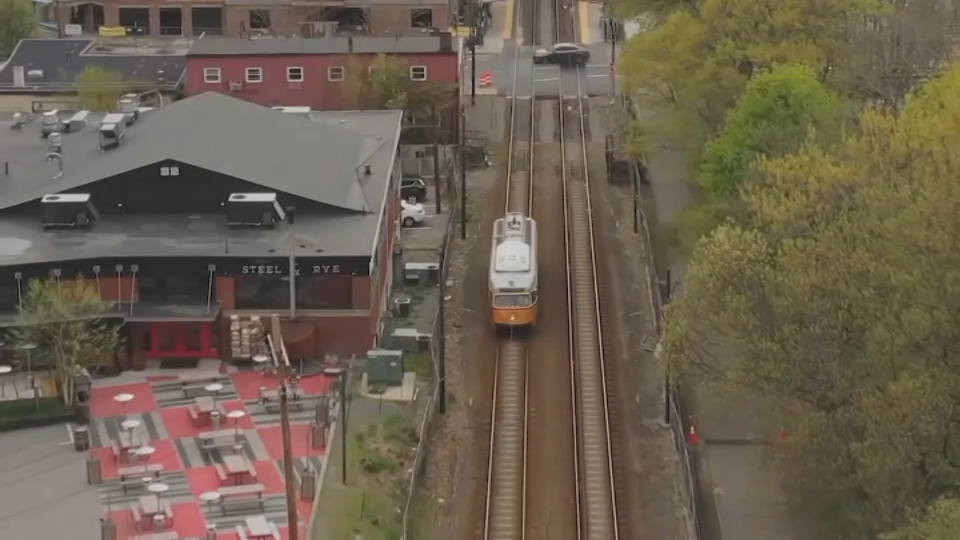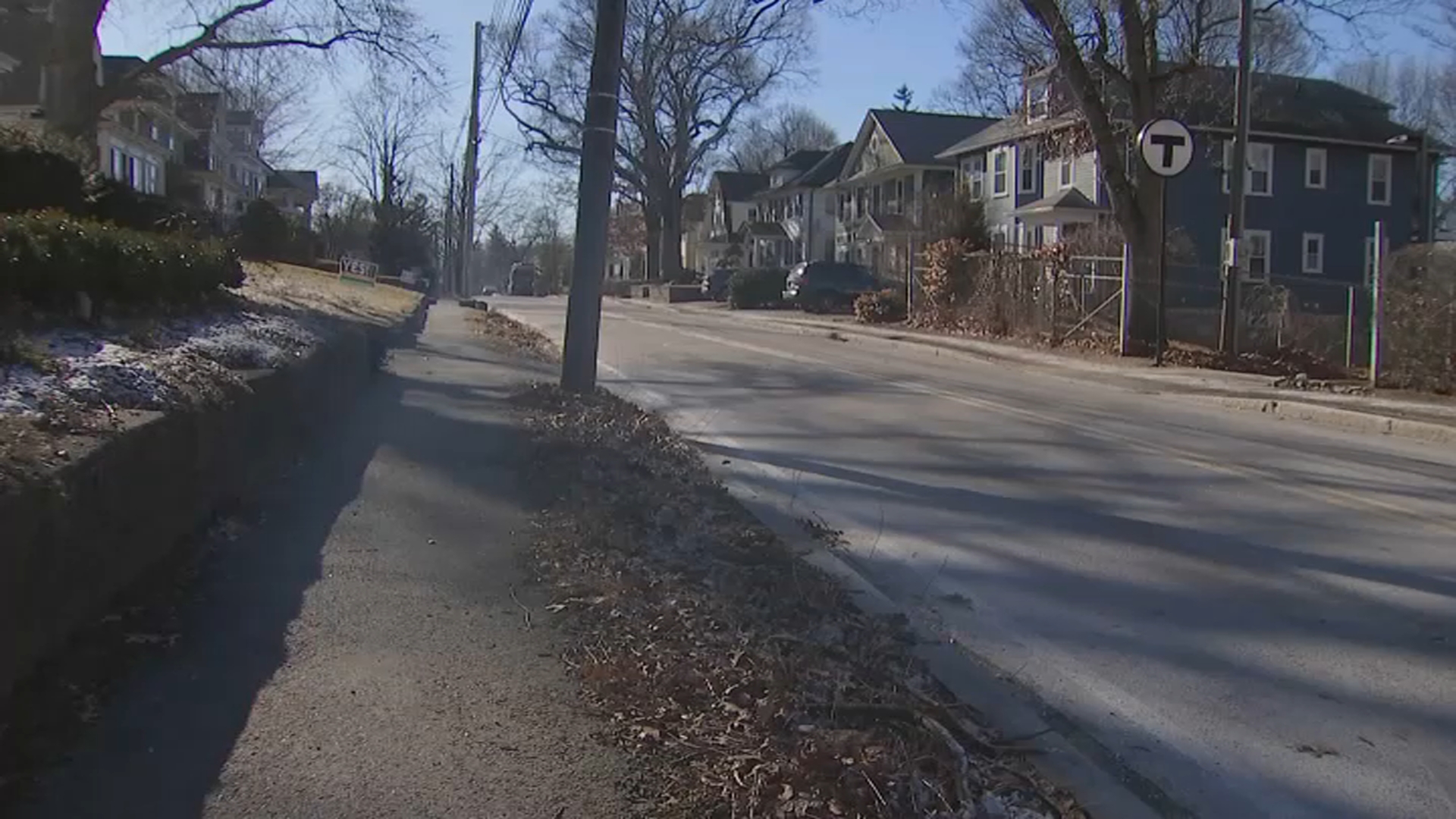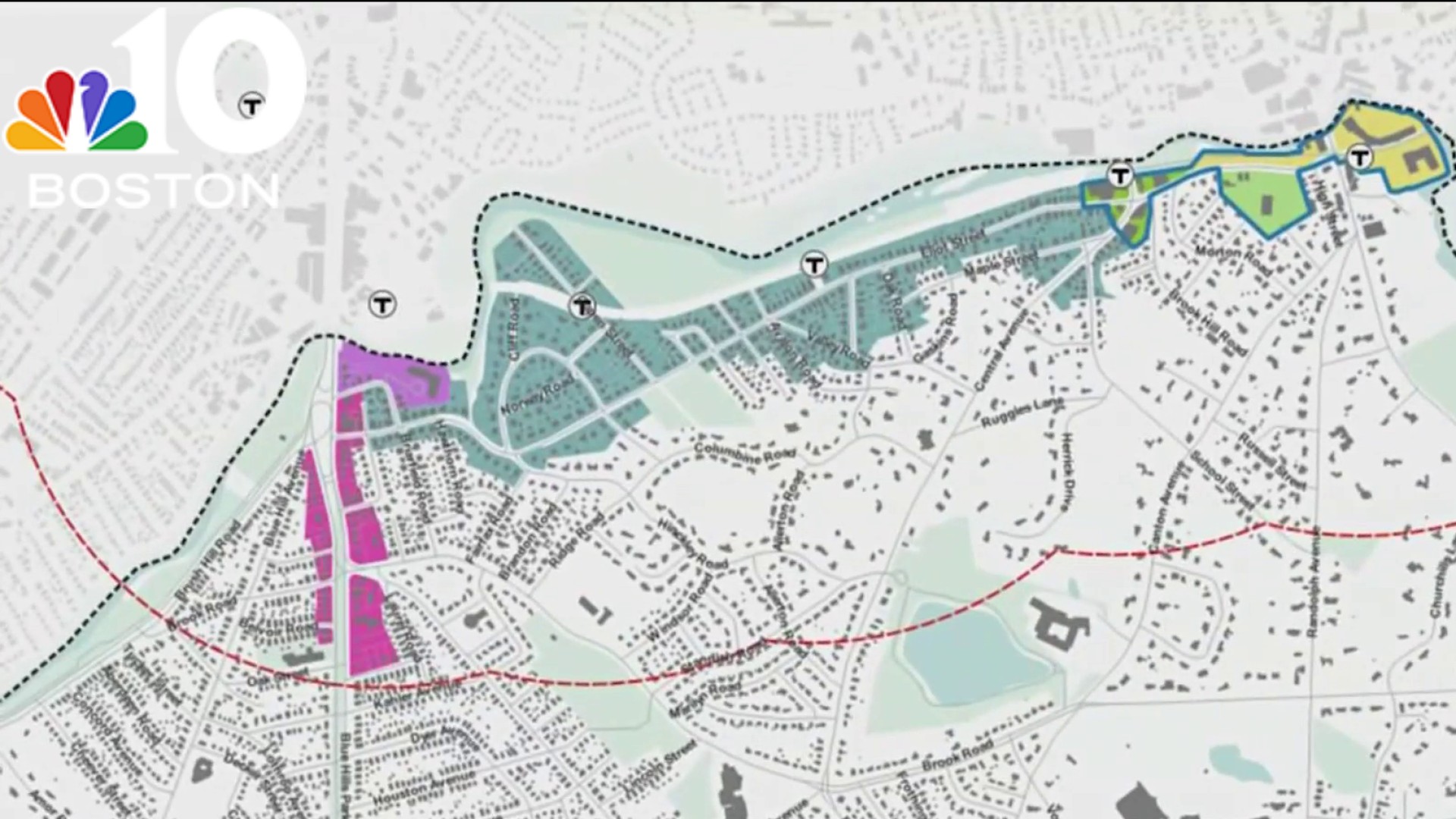The housing lawsuit waged against the Town of Milton by Massachusetts Attorney General Andrea Campbell is set to be heard by the state's highest court later this year, the Boston Globe reports.
The lawsuit, filed in the Supreme Judicial Court last month, seeks to punish Milton for voting against the MBTA Communities Law, which states that any city or town served by the MBTA must create new zoning for multi-family housing near transit stations and doesn't allow towns to opt out. In Milton, the zoning change would add almost 2,500 housing units.
WATCH ANYTIME FOR FREE
>Stream NBC10 Boston news for free, 24/7, wherever you are. |
As a result of Milton's noncompliance, the town will no longer be eligible for recent housing and infrastructure grants, as well as many future state funding programs.
The decision is, in part, a win for the attorney general, who hopes to get a ruling on the matter as soon as possible to prevent delays in other towns' zoning planning efforts. Sending the law to the state's highest court rather than Land or Superior Courts will expedite the legal process, leave little room for subsequent appeals and provide definitive answers on the matter, shaping state-wide land-use laws for years to come.
Get updates on what's happening in Boston to your inbox. Sign up for our >News Headlines newsletter.
Though zoning regulations in Massachusetts have historically been decided by individual municipalities, Campbell cited a 1973 court ruling in her lawsuit that states "the Legislature has retained 'supreme power in zoning matters' as long as it acts in accordance with the Home Rule Amendment," which, she claims, it has.
"I believe that this case raises novel questions of law which are of public importance, and which are time sensitive and likely to recur, i.e. the scope of a municipality's legal obligations under [the MBTA Communities Act]," Justice Serge George Jr. wrote in his ruling.
Despite efforts from Campbell's office and local housing advocacy groups to have the case heard in May, Georges scheduled oral arguments for October, meaning the verdict may come during or after this year's Town Meeting seasons, when roughly 130 municipalities are scheduled to consider zoning changes that the MBTA Communities Law requires be finalized by the end of the year. Many of those towns, like Wrentham, are seeing a growing resistance to the law, the Statehouse News Service reported.
Depending on how the SJC rules, the timing of the verdict could leave many towns with little time to respond.
"Without a decision from the court sufficiently early in this calendar year, impacted municipalities will have no clear direction as to how to proceed with critical local decisions related to this statue," the Massachusetts Association of Regional Planning Agencies wrote in a letter to Georges last week. "Any delay on this court's part could impact the progress made by municipalities who are already trying to comply with the law.
Georges, however, appeared to side with attorneys representing the Town of Milton, who argued that accelerating the suit would force the town to compile a hasty, incomplete legal defense. He also wrote that the SJC may not have time to hear the case in May due to a series of ballot questions the court must answer ahead of the coming elections.
Milton had previously passed a state-approved zoning change plan, but residents concerned with excess development prompted a referendum last month, in which a majority voted to strike the plan.




